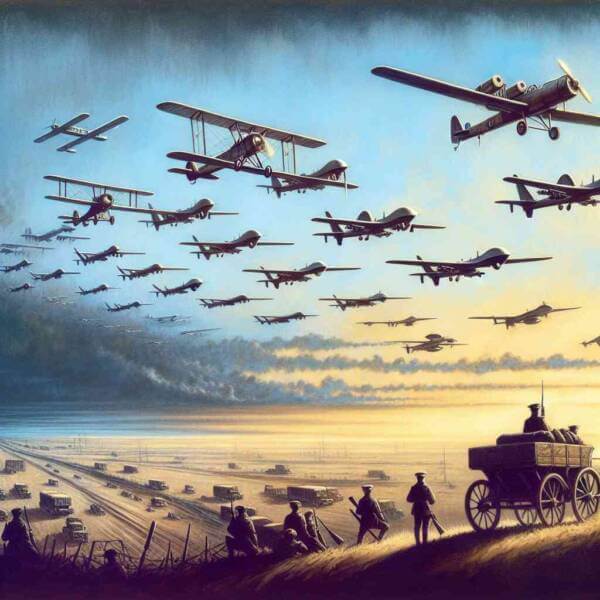Military Aviation: Understanding Its Power and Evolution
Military Aviation: Understanding Its Power and Evolution
Blog Article

The use of aircraft in military operations offers superior capabilities.
Nations invest heavily in military aviation to enhance defense capabilities.
How Military Aviation Began
Military aviation started during World War I, with aircraft initially used for observation.
Key developments over time:
- Development of air combat tactics
- World War II advancements
- Emergence of strategic bombers and nuclear deterrence
- Rise of unmanned aerial vehicles (UAVs)
Each era brought innovative strategies that expanded aerial warfare.
Different Roles of Military Planes
Military aviation includes a variety of aircraft, each designed for specific missions.
Common categories of military aircraft are:
- Fighter jets
- Bombers
- Transport aircraft
- Reconnaissance and surveillance drones
Each type plays a vital role in military operations, from securing airspace.
Importance of Air Superiority
Controlling the skies protects ground operations.
Strategic advantages of air dominance:
- Reducing enemy effectiveness
- Targeting infrastructure and logistics
- Surveillance and reconnaissance missions
- Boosting morale
Nations with strong military aviation capabilities can control conflicts.
Technological Innovations in Military Aviation
Constant research and development redefine capabilities for future warfare.
Cutting-edge developments:
- Stealth technology
- Ultra-fast strike capabilities
- Unmanned aircraft operating independently
- Directed energy weapons
These advancements expand military aviation mission possibilities for air forces worldwide.
Obstacles Facing the Industry
From high costs to geopolitical tensions, the road to air dominance is never simple.
Major obstacles to overcome:
- Rising development and maintenance costs
- Short life cycles for cutting-edge aircraft
- Protecting systems from hacking and sabotage
- New debates about AI in warfare
Addressing these challenges is crucial to staying ahead.
Future of Military Aviation
The future of military aviation promises an era of transformation.
Expected advancements:
- Greater integration of artificial intelligence
- Military satellites and space-based weapons
- Eco-friendly military aircraft
- Joint defense projects
The next era of military aviation will redefine defense.
Final Thoughts on Military Aviation
Its history, present achievements, and future possibilities highlight human ingenuity.
As technology continues to evolve, the skies will remain a frontline of innovation where military aviation protects nations.
The future of military aviation is full of potential — and it’s only just beginning. Report this page